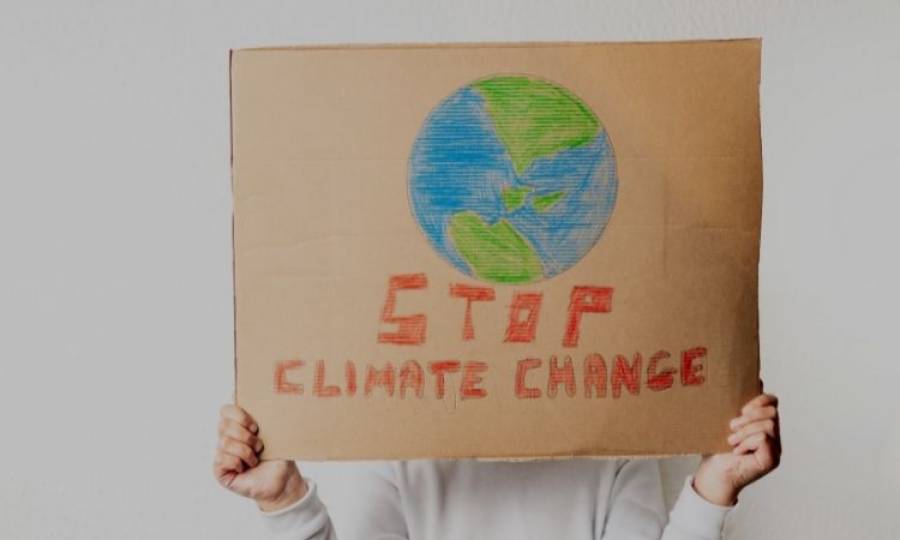Urgent response needed to meet challenges of climate change

KARACHI: A wide range of health and food security problems are being exacerbated around the world as a result of climate change and extreme weather. Pakistan, a low- and middle-income country, is particularly vulnerable to these challenges since it is frequently the least able to respond.
In order to face the enormous problems posed by climate change and achieve the Sustainable Development Goals (SDGs) by 2030 in Pakistan, it is necessary to take immediate and decisive action.
Some of these perspectives were shared by experts and stakeholders participating at a conference organised by Aga Khan University's Institute for Global Health and Development, IGHD, entitled 'Pakistan's Challenges in the Context of Sustainable Development Goals: Strategies for Change.'
As a result of the country's severe poverty and malnutrition rates, Pakistan ranks in the bottom half of the world on the Human Development Index 2020.
Many marginalised populations, including those belonging to minorities, are at a disadvantage because of their socio-economic condition, geography, and political context.
Prof Jeffrey Sachs, President of the UN Sustainable Development Solutions Network, mentioned the worldwide network and pledged assistance for the IGHD-sponsored SDSN Pakistan centre. Concerned about the influence of international conflicts on sustainable development, he emphasised the importance of a global effort to achieve consensus on climate change solutions by bringing together the world's brightest brains.
Advertisement
Trending
Popular
Aging: New study identifies key lifestyle, environmental factors ...
-
Hair loss: Discovery uncovers key stem ...
08:00 PM, 25 Feb, 2025 -
Broccoli sprout compound may help lower ...
11:31 AM, 25 Feb, 2025 -
Gas Pain vs. Heart Attack: How to tell ...
09:00 PM, 22 Feb, 2025 -
Coconut oil supplement shows promise ...
08:00 PM, 20 Feb, 2025



